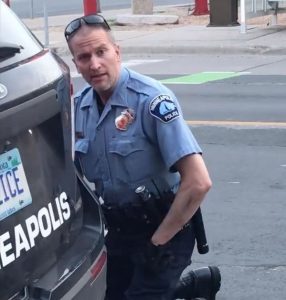The horrifying death of an unarmed Black man, George Floyd, at the hands of cops in Minneapolis on May 25 sparked protests for justice that developed into violent riots across the United States of America. You see, the cops involved in the murder were let off with a slap on the wrist, and no arrests! The protests that ensued have brought our attention uncomfortably back on the systemic racism embedded that runs through the nation, especially its police force.


